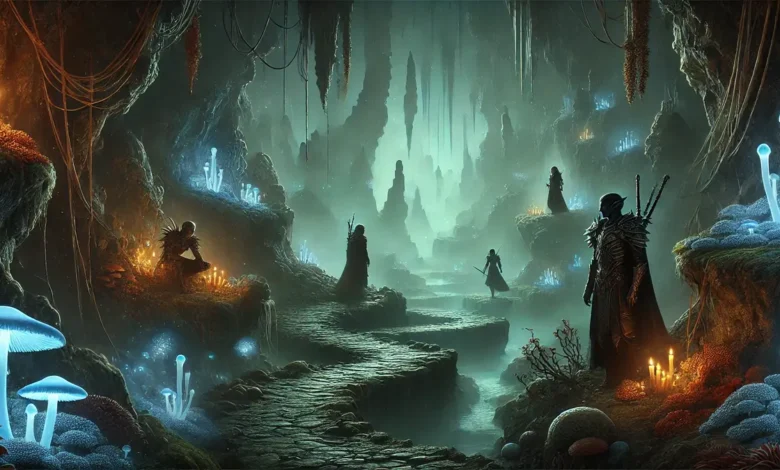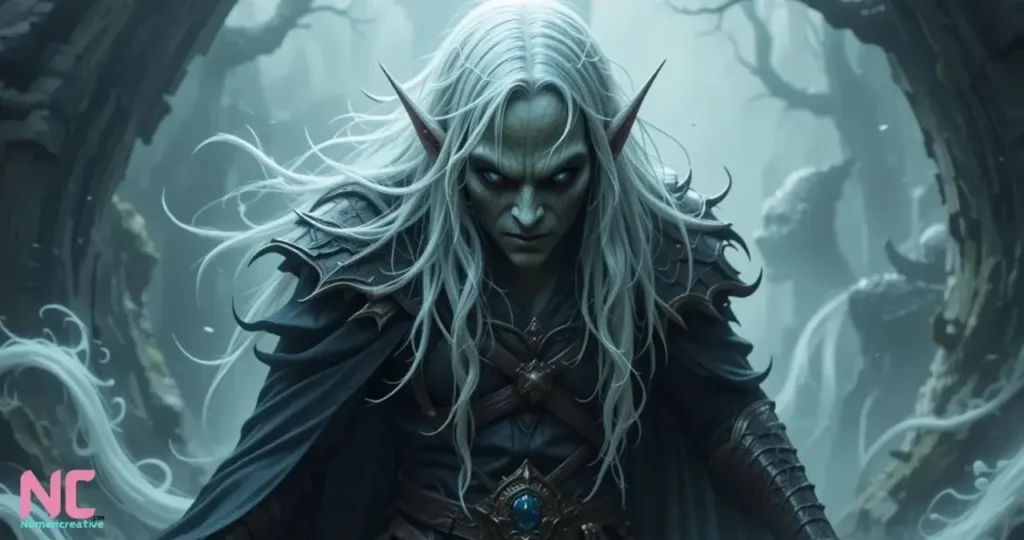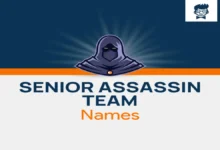Drow Names Decoded: Insights into Dark Elf Linguistics

Introduction
The dark elves, also known as Drow, have captivated the imaginations of fantasy enthusiasts with their enigmatic presence and complex societal structures. Integral to their unique cultural identity is the intricate and compelling naming system. This article delves into the linguistics behind Drow names, exploring their origins, meanings, and roles in Drow society.
The Origin of Drow Names

Drow names are more than mere identifiers; they are a window into the history and mythology of one of fantasy’s most intriguing races. Originating from the rich lore of Dungeons and Dragons, Drow names often carry heavy connotations of power, survival, and the harsh realities of living in the Underdark, the subterranean world they call home.
Structure and Components of Drow Names
Drow names typically consist of three parts: a personal name, a family name, and a title or honorific. The personal name is given at birth, indicative of the traits parents might wish their child to embody. The family name ties an individual to their lineage, reflecting the Drow’s deep respect for heritage and power dynamics within families. On the other hand, titles are earned through personal achievements or attributed based on one’s role in society.
Personal Names
Personal names often contain sharp consonants and flowing vowels, creating a melodious yet ominous tone. Examples include Drizzt, Liriel, and Viconia. These names reflect specific characteristics Drow society values, such as strength, cunning, or intelligence.
Family Names
Family names such as Baenre, Mizzrym, and Do’Urden signify a Drow’s lineage. These names are crucial in the social stratification of Drow society, as lineage is directly tied to social standing. The most potent family names are often ancient and carry significant history, indicating long-held power and influence.
Titles and Honorifics
Titles can be formal, such as Matron for leaders of Drow houses, or informal, based on achievements or notable deeds. A Drow who has proven themselves in battle might be known as the Lethal or the Cruel, underscoring their prowess or ruthlessness.
Linguistic Features of Drow Names
Drow linguistics exhibits features that set them apart from other elven languages. Phonetically, Drow names often use z, x, and vr combinations, which are not commonly found in the more melodious surface-elven languages. This phonetic harshness mirrors the severe and unforgiving nature of Drow society.
Semantic Richness
Each Drow name is laden with meaning. The choice of a name can reflect the aspirations of a Drow’s parents, the accomplishments of their ancestors, or a characteristic deemed desirable in Drow culture. Names are not only labels but declarations of potential and power.
Names and Social Order
In Drow society, names are a currency of power. Knowing the full name of a Drow gives one control over them, a belief that names can be used in spells and curses. Consequently, Drow is cautious about revealing their names outside trusted circles, often using aliases.
Gender Influences in Naming
Gender plays a significant role in the naming conventions of the Drow. Female Drow, who typically hold more power in society, often have names that end in vowels, enhancing their aesthetic and sonic appeal. Males might have harsher, shorter names, reflecting their secondary status in the Drow hierarchy.
The Evolution of Drow Names in Popular Culture
While the roots of Drow names are deeply embedded in the Dungeons and Dragons universe, they have evolved significantly in popular culture, influenced by novels, video games, and other media. Characters like Drizzt Do’Urden from R.A. Salvatore’s books have brought Drow names into mainstream awareness, highlighting their complexity and depth.
Conclusion
Drow names are a fascinating study in fantasy linguistics, offering insights into the dark elves’ culture, societal norms, and linguistic creativity. They serve not only as identifiers but as bearers of history and power, intricately woven into the fabric of Drow society. Understanding these names gives us a deeper appreciation for one of fantasy’s most enigmatic races, providing a richer experience for fans and creators alike. By decoding Drow names, we glimpse the subtle artistry and profound cultural significance embedded in the language of the dark elves.
FAQS
What are the main components of a Drow name?
Drow names typically consist of three main components: a personal name, a family name, and a title or honorific. The personal name is given at birth, the family name connects an individual to their lineage, and titles are earned based on achievements or societal roles.
How do Drow names reflect their culture?
Drow names reflect the values and social hierarchy of their culture. They often include phonetic elements that sound harsh to outsiders, mirroring the severe nature of the Drow society. Additionally, the complexity and significance of these names signify the individual’s status, potential, and power within their culture.
Why do Drow names use unusual phonetic combinations?
The unusual phonetic combinations, such as z, x, and vr, found in Drow names help to set them apart from the more melodious languages of surface elves. These sounds contribute to the overall menacing and mysterious aura of the Drow, reflecting their harsh living conditions in the Underdark.
Can knowing a Drow’s full name give someone power over them?
In Drow culture, knowing a Drow’s entire name is believed to grant power over that individual. This belief stems from the notion that names can be used in magical spells and curses. Therefore, Drow are typically very protective of their full names, often using aliases when dealing with outsiders or those they do not trust.
How have Drow names evolved in popular culture?
Drow names have become more widely recognized beyond their origins in Dungeons and Dragons, thanks to their inclusion in various forms of media such as books, video games, and movies. Characters like Drizzt Do’Urden have popularized Drow names, showing their complexity and depth and introducing them to a broader audience outside traditional gaming communities.





